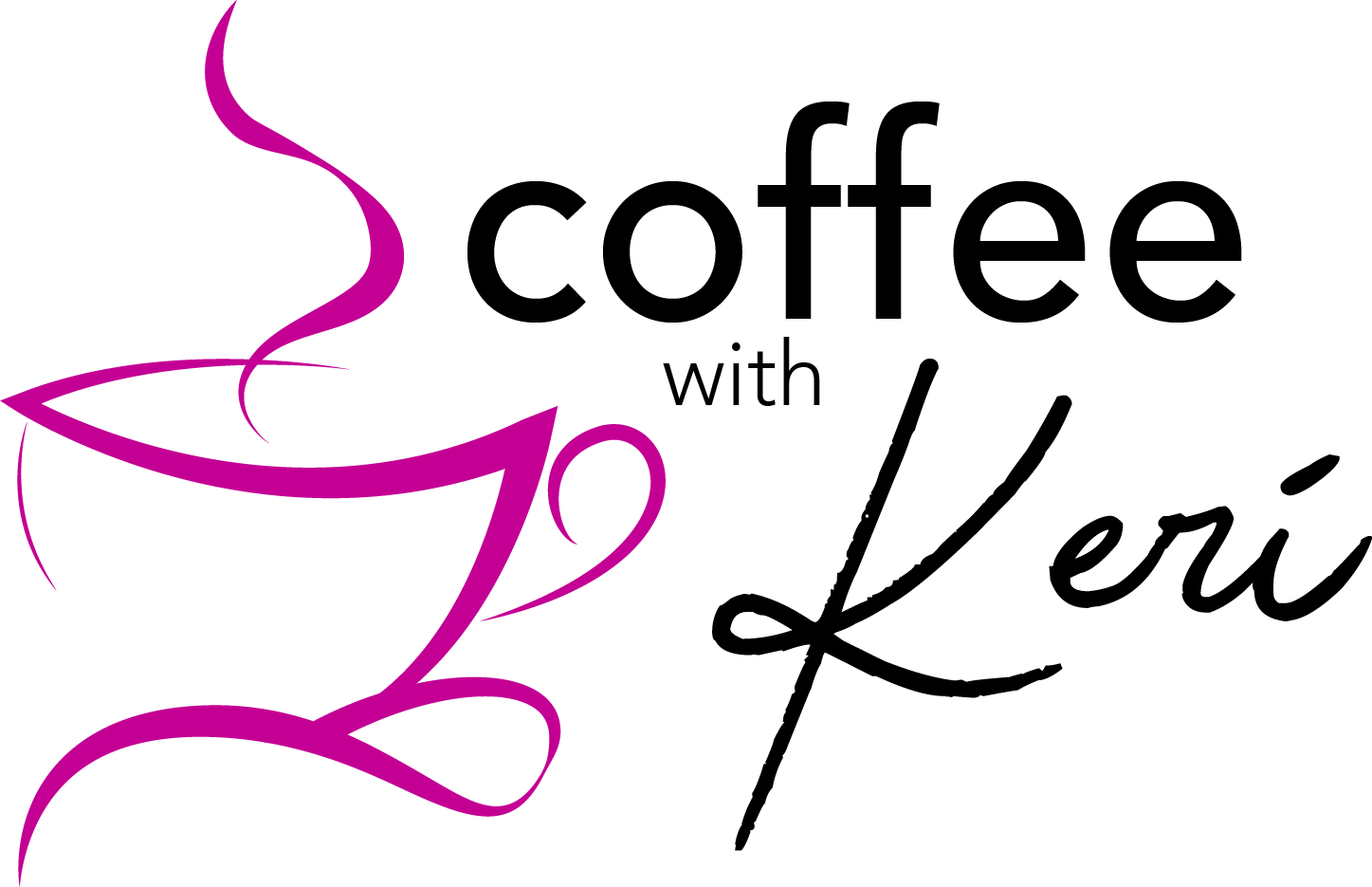10 Professional Habits to Start Right Now
I was scrolling through old (very old) blog posts this week, which I do occasionally when I’m hitting a bit of writer’s block or not feeling super creatively inspired. I used to write a lot more professional-type posts in college, but once I graduated and entered the working world, I pivoted more to lifestyle content.
I feel passionate that one should represent themselves well and be professional at all times, but especially in a working environment. It’s surprising how much I take notice of the little details when an email comes into my inbox or I have a conversation with a colleague. The Little. Details. Matter. I’m thankful for college professors, professional mentors, and supportive managers who emphasized the importance of professionalism and practicing small habits that make a huge difference over time.
I’ve been in the workforce for almost 10 years now (which I know isn’t a lot in the grand scheme of things), but it’s enough time to witness what to do and what not to do. No matter how long you’ve been working, it’s never too late to hone your professional skills, so here are 10 professional habits to start right now.
{ONE} Spell names correctly.
Take it from someone who has 1,001 ways to spell her name. Carrie, Carey, Kerri, Kery, Kary, etc. Spelling someone’s name correctly (especially when it’s right in front of you via email) is one of the easiest professional habits to implement. I am shocked at how many people spell my name incorrectly (or call me the wrong name altogether) when responding to an email (or even writing on my Facebook wall). Believe me, people notice.
{TWO} Re-read your emails before pressing “Send.”
Everyone makes mistakes, but re-reading and double-checking emails can eliminate the silly grammatical mistakes that can occur when writing quickly. Slow down and read through your email (even out loud if possible). Does it make sense? Is it concise? Did you spell everything correctly? One helpful tool I recently installed is Grammarly, which is a great resource for finding errors.
{THREE} Craft emails and then add the recipient(s).
So you don’t accidentally send something incomplete. I started implementing this habit when I noticed I received half-written emails by mistake from others who accidentally pressed “Send” too soon. Craft your email message, re-read it, attach all the files you need to attach, and then add the recipient(s). Gamechanger.
{FOUR} Whenever possible, come to others with solutions, not problems.
One of my professors always emphasized being a “solutions-minded” person. If you identify a problem, instead of bringing that problem to someone else without any ways to potentially resolve it, state the problem and offer a few potential solutions to fix or resolve the issue. This is beneficial, productive, and encourages teamwork instead of being a “Negative Nancy” who only identifies issues and doesn’t work to help makes things better.
{FIVE} Express gratitude any chance you get.
Everybody is doing their best, and sometimes it’s easy to forget to express gratitude or shine a light on someone else’s work, especially if you’re in the middle of a busy season. Whenever you can, genuinely compliment another’s work, express gratitude, and just generally be kind to others. It is a small habit that makes a huge difference in workplace culture.
{SIX} Prepare for meetings.
When you’re going from meeting to meeting, it can be easy to join a meeting and hope for the best. Whenever possible, prepare for them instead (Proactive instead of Reactive). Read the meeting invite, do your research, and perhaps even come up with a few questions ahead of time.
{SEVEN} Take notes in meetings; you’ll never regret it later.
This is coming from a Type A girl who loves notebooks and taking notes, so this shouldn’t come as a surprise, but take notes in meetings, even if someone else is taking notes, too. I always find it personally helpful to read through my notes after the meeting, figure out any next steps that I’m responsible for, and generally understand the material better when reviewing in my own time. Plus, it helps to document and clarify things if questions or concerns arise later on.
{EIGHT} Ask questions and clarify.
When in doubt, ask questions. Sometimes the tendency is to assume you know something or to assume everyone’s on the same page, but whenever possible, ask questions and clarify. If you can’t think of questions to ask, perhaps instead summarize in your own words what you think the next steps are or recap what you interpret the person to be saying.
{NINE} Do your research.
You can learn a lot through a quick Google search. Maybe you forgot how to do something in Excel or are curious about what your competitors are up to. Do your research. Stay informed about your industry and learn new skills by watching YouTube how-to videos or Googling solutions to tech issues. Before reaching out and relying on others to hold your hand, do what you can first. Take initiative first. If you still have problems, then you can approach someone with a solutions-oriented mindset and go from there.
{TEN} Put in the work.
It may sound a bit harsh, but you have to put in the work in order to succeed and build professional habits. These skills are not a one-time fix; rather, they are everyday actions that become habits over time. Just like anything else, you have to put in the work to see results. Soon, you’ll be on your way to building professional habits and standing out in a crowd.

